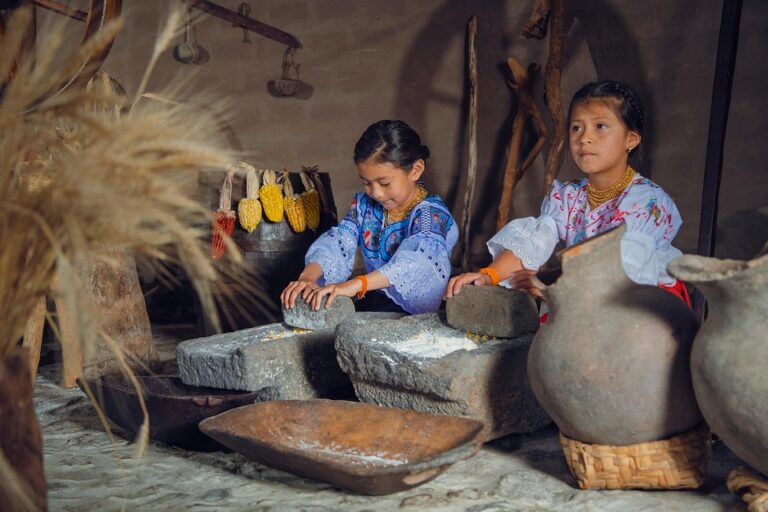Level Up: How Gaming Culture Shapes Modern Social Interactions
In recent years, gaming culture has transcended mere entertainment to become a driving force in modern social interactions. As millions of gamers around the globe engage in various gaming platforms, the dynamics of communication, relationships, and community-building are rapidly evolving. This article explores the profound ways that gaming culture influences social interactions in today’s society.
The Rise of Gaming Culture
Gaming culture has seen unprecedented growth over the last decade, with the global gaming market expected to exceed $200 billion by 2023 (Newzoo). With an estimated 3 billion gamers worldwide, it isn’t just a pastime anymore, but a massive cultural phenomenon that shapes how individuals communicate, engage, and even form relationships.
Social Platforms and Community Building
Multiplayer games and online platforms have changed how people interact. For instance, platforms like Twitch and Discord are not just for streaming or voice chatting, but are integral for community building. Gamers form friendships while playing together, participating in tournaments, or discussing strategies, thereby creating bonds that, in many cases, surpass traditional social interactions.
Example: A Social Bridge
Imagine you’re playing "Fortnite" and meet someone in a squad match. You communicate through headsets, strategize, and celebrate victories together. This shared gaming experience can develop into a long-lasting friendship. Many players have reported lifelong friendships formed out of digital encounters in gaming, showcasing the profound effect that gaming culture has in fostering connections across vast geographical distances.
Transforming Communication Styles
As gaming culture proliferates, it is simultaneously transforming the way we communicate. The language of gaming, filled with jargon, memes, and references, has seeped into everyday communication among younger generations. Terms like "GG" (good game) and "BRB" (be right back) are becoming commonplace, with humor and playfulness often transcending traditional conversational boundaries.
The Evolution of Language
- New Terminology: As gaming culture continues to grow, it’s constantly creating new slang and idioms. The normalization of such terms in social scenarios can enrich discussions.
- Meme Culture: Gaming memes become shared social currency, allowing people to connect over mutual interests and experiences shared within the gaming community.
Inclusion and Diversity in Gaming Culture
One of the most notable aspects of gaming culture is its potential for inclusivity. Unlike many traditional gatherings where demographics may confine interaction, online gaming offers a platform where anyone can join regardless of background.
Breaking Barriers
- Gender and Age: The stereotype that gaming is predominantly male-oriented is fading. Women make up about 46% of gamers in the U.S. (Entertainment Software Association), while games offer age-friendly designs with options for players from various age groups.
- Cultural Exchange: Many games incorporate diverse characters, stories, and environments, promoting cultural appreciation and understanding among players.
This ability to connect across cultures, ages, and genders fosters a more inclusive community and transforms the conventional perspectives of social interactions.
The Downside: Toxicity and Mental Health
While gaming culture can create positive social interactions, it also harbors elements of toxicity that can affect players’ mental health. Issues such as cyberbullying, harassment, and community exclusion can arise in competitive environments.
Addressing Toxicity
To combat this, many developers are implementing stricter moderation and reporting systems. Creating a safe environment for all players ultimately enhances the overall gaming experience and the associated social interactions.
Conclusion: The Future of Social Interactions in Gaming Culture
As we witness the growing impact of gaming culture on modern society, one thing is clear: it is reshaping how we interact with one another fundamentally. From forging friendships to developing new communication norms, the influence of gaming culture is undeniable. Whether seen as a social platform or a communal activity, gaming has become a significant part of our social fabric.
To delve deeper into how gaming impacts different facets of our lives, check out these related articles on buzzo.live:
For further reading on the subject, consider exploring reputable sources such as the Entertainment Software Association or Newzoo, which provide insightful data on gaming trends and demographics.
Images:
 – Alt text: "Gaming culture shaping social interactions"
– Alt text: "Gaming culture shaping social interactions" – Alt text: "Diversity in gaming culture"
– Alt text: "Diversity in gaming culture"
As gaming culture continues to evolve, so too will its influence on modern social interactions, promising a future filled with new connections and opportunities for collaboration.


